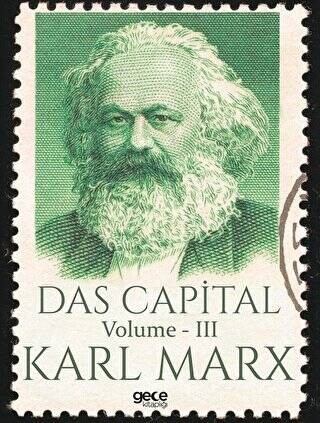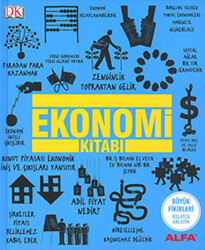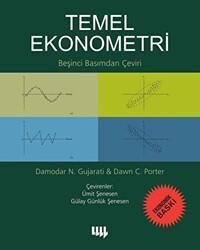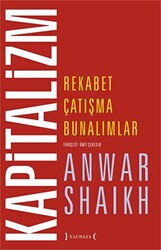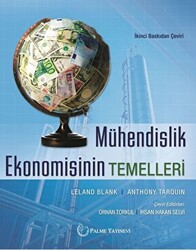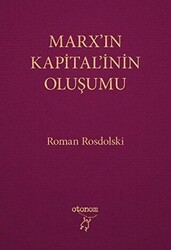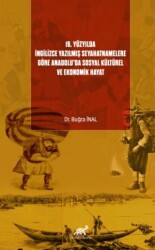*...The really important and characteristic domain of the usurer, however, is the function of money as a means of payment. Every payment of money, ground-rent, tribute, tax, etc., which becomes due on a certain date, carries with it the need to secure money for such a purpose. Hence from the days of ancient Rome to those of modern times, wholesale usury relies upon tax-collectors, fermiers gènèraux, receveurs gènèraux. Then, there develops with commerce and the generalization of commodity- production the separation, in time, of purchase and payment. The money has to be paid on a definite date. How this can lead to circumstances in which the money-capitalist and usurer, even nowadays, merge into one is shown by modern money crises. This same usury, however, becomes one of the principal means of further developing the necessity for money as a means of payment 42 by driving the producer ever more deeply into debt and destroying his usual means of payment, since the burden of interest alone makes his normal reproduction impossible. At this point, usury sprouts up out of money as a means of payment and extends this function of money as its very own domain...*

